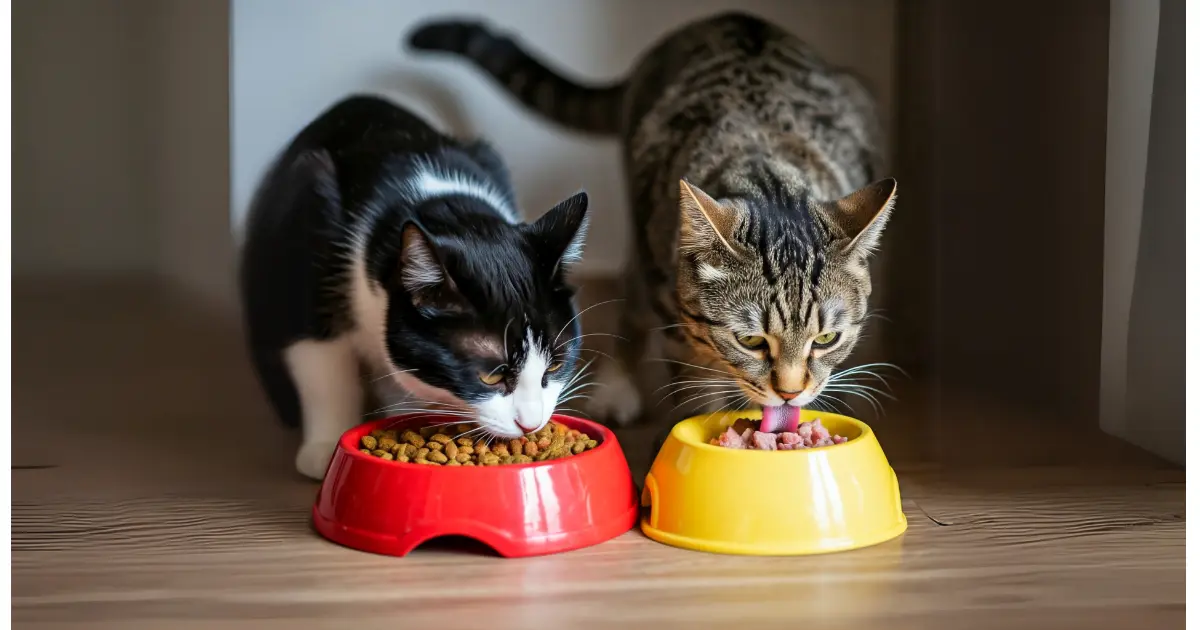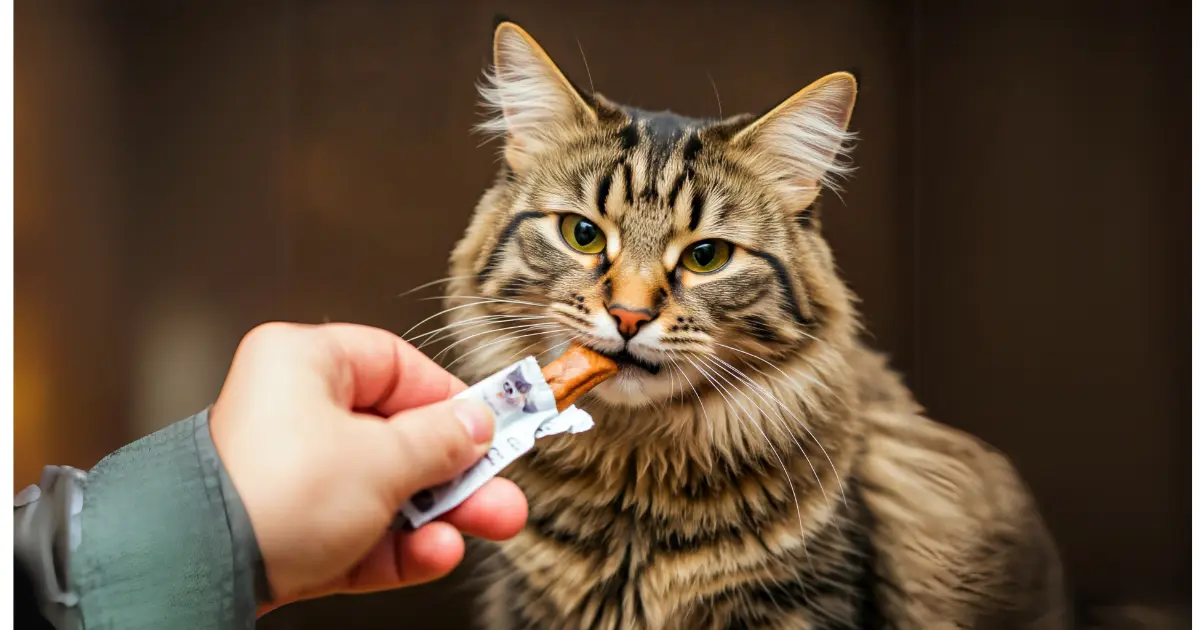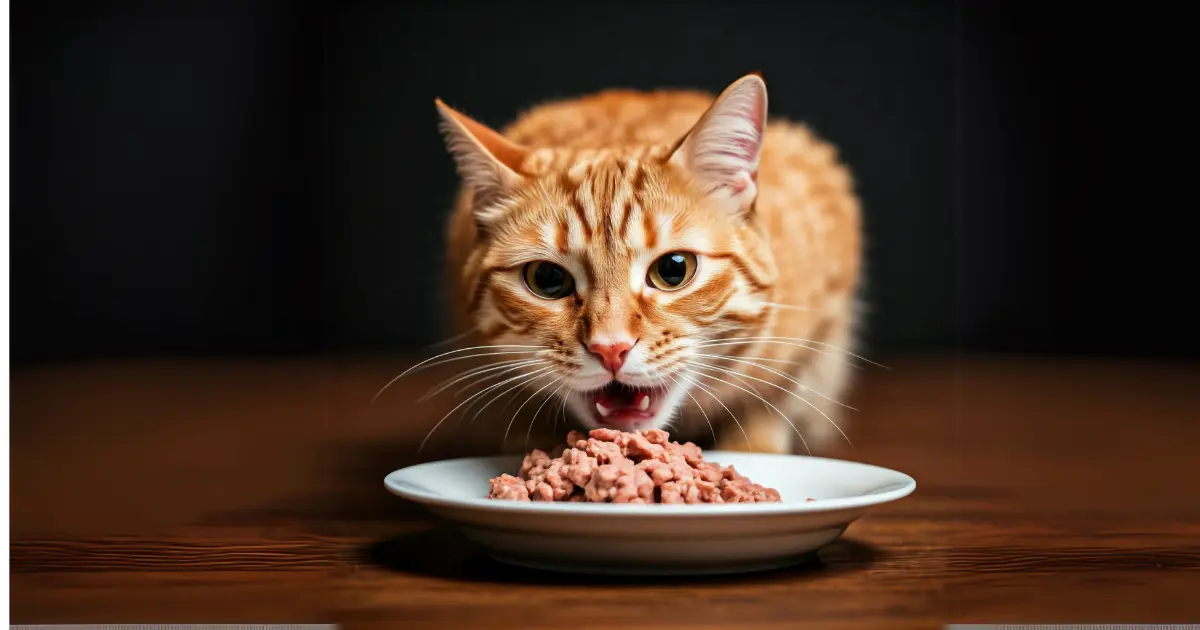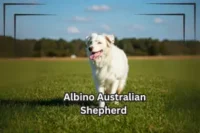Cat Nutrition Basics for Beginners: A Complete Guide to Healthy Diet Choices
Published: 31 Dec 2024
Good nutrition is key to keeping your cat happy, healthy, and active. Whether you’re a new cat parent or just looking to improve your furry friend’s diet, understanding cat nutrition basics is essential. Let’s explore the fundamentals, essential cat nutrition facts, and practical tips to ensure your cat gets everything they need for a long and vibrant life.

Table of Contents
Why Is Cat Nutrition Important?
Cats are obligate carnivores, which means they need meat to thrive. Unlike humans or dogs, they can’t get all their nutrients from plants or grains. A balanced diet helps them:
- Stay active and playful.
- Maintain a shiny coat.
- Strengthen their immune system.
- Prevent health issues like obesity or kidney problems.
Cat nutrition basics for beginners suggest that a proper diet is one of the most critical aspects of your cat’s care.
Cat Nutritional Requirements and Percentages
To keep your cat healthy, their food should include the following key nutrients in the right amounts:
- Protein: 30–40%
- Fats: 15–20%
- Carbohydrates: Less than 10%
- Vitamins & Minerals: Essential for overall health. Look for A, D, E, and taurine.
- Water: Cats often don’t drink enough, so wet food can help keep them hydrated.
These nutritional requirements are critical to understanding what makes up a well-balanced meal for your feline companion.

Essential Cat Nutrition Facts
- Taurine Is Vital: Taurine is an amino acid that cats can’t produce. Lack of taurine can lead to heart problems and blindness.
- Avoid Excess Carbs: Cats don’t digest carbs well. Too many can lead to obesity and diabetes.
- Meat-Based Diet: Cats need meat for protein and fats. Always choose food with real meat listed as the main ingredient.
Understanding essential cat nutrition facts, such as taurine and the importance of protein, helps ensure that your cat gets the nutrients it needs to thrive.
What Should Cats Eat? A Complete Cat Diet Guide
- Wet Food: High in moisture, better for hydration. Great for picky eaters.
- Dry Food: Convenient and budget-friendly, but ensure it’s high-quality.
- Balanced Homemade Diet: If you’re preparing meals at home, consult a vet to include all necessary nutrients.
- Treats in Moderation: Treats should comprise less than 10% of your cat’s daily calories.
A complete cat diet guide includes various food options to ensure your cat gets everything it needs while keeping mealtime enjoyable and satisfying.For more tips on maintaining oral hygiene, check out our guide on cleaning your cat’s teeth.”

Cat Nutrition Chart for Balanced Meals
| Nutrient | Recommended Amount | Benefits |
|---|---|---|
| Protein | 30–40% | Builds muscles and repairs tissues |
| Fats | 15–20% | Energy and healthy coat |
| Carbohydrates | <10% | Limited use; avoid excess |
| Water Content | 70–80% (wet food) | Prevents dehydration |
| Taurine | Essential | Heart and eye health |
Using this cat nutrition chart for balanced meals as a reference will help you understand the optimal proportions of nutrients for your pet’s daily intake.
Health Tips for a Happy and Healthy Cat
- Read Labels: Always check the ingredient list. Avoid foods with fillers like corn or soy.
- Stick to a Feeding Schedule: Regular meals prevent overeating and obesity.
- Introduce Changes Gradually: If switching foods, do it over 7–10 days to avoid stomach upset.
- Provide Fresh Water Daily: Use a water fountain if your cat doesn’t drink much.
- Monitor Weight: Monitor your cat’s weight and energy levels to ensure they eat well.
These health tips for a happy and healthy cat will help you monitor your cat’s nutrition needs and keep it feeling its best.
Final Thoughts on Cat Nutrition
Feeding your cat the right food in the right amounts is one of the best ways to keep it healthy and happy. Remember to choose high-quality, meat-based options, consider their hydration, and follow the guidelines above to support their overall well-being.”A balanced diet contributes to a happy and relaxed cat. Content behaviors like kneading are often signs of well-being. Learn more about why cats knead in our detailed post: Why Do Cats Knead?.”
Offers detailed information on feeding practices and nutritional needs for cats.
Are you curious about your cat’s current diet? Why not check the label today and see how it stacks up?
What’s your cat’s favorite food? Share your thoughts in the comments below!
FAQ
1. Do cats need a mix of wet and dry food?
Cats benefit from a combination of wet and dry food. Wet food provides hydration, while dry food supports dental health and is convenient to store.
2. What happens if my cat eats too many carbohydrates?
Cats struggle to digest high amounts of carbohydrates, which can lead to obesity and diabetes. A low-carb, protein-rich diet is best for their overall health.
3. Can I change my cat’s diet suddenly?
Sudden diet changes can upset your cat’s stomach, causing vomiting or diarrhea. Always transition gradually over 7–10 days by mixing the new food with the old.
4. How can I tell if my cat’s food is high quality?
Look for real meat as the first ingredient and avoid foods with artificial preservatives or fillers. High-quality food will also clearly list vitamins and minerals like taurine.
5. Why does my cat drink so little water?
Cats naturally drink less water because they evolved from desert animals. To keep them hydrated, incorporate wet food into their diet or use a water fountain to encourage drinking.
6. Is it okay to give my cat human food?
Most human food lacks the nutrients cats need and some can be toxic, like onions or chocolate. Always consult your vet before offering anything outside of their regular diet.
7. How do I know if my cat’s diet is working?
Signs of a good diet include a shiny coat, steady weight, playful energy, and consistent litter box habits. If you notice changes in behavior or health, reassess their food and consult a vet.

- Be Respectful
- Stay Relevant
- Stay Positive
- True Feedback
- Encourage Discussion
- Avoid Spamming
- No Fake News
- Don't Copy-Paste
- No Personal Attacks



- Be Respectful
- Stay Relevant
- Stay Positive
- True Feedback
- Encourage Discussion
- Avoid Spamming
- No Fake News
- Don't Copy-Paste
- No Personal Attacks





